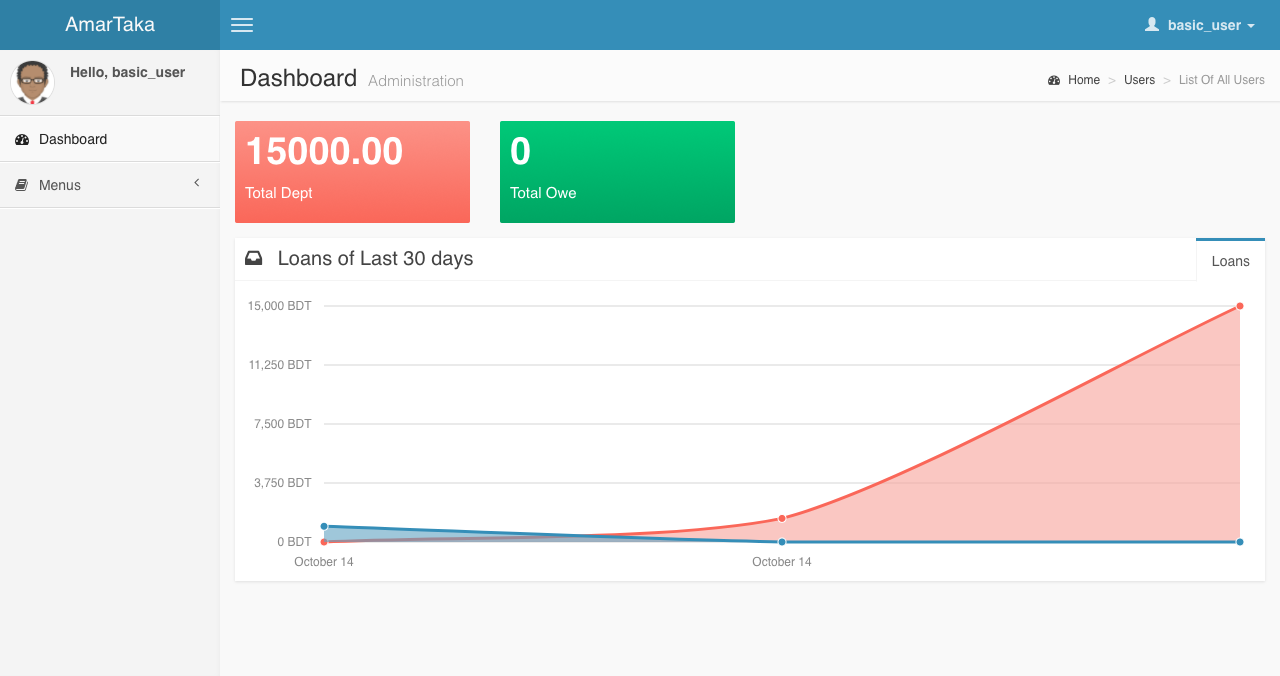Rebuilding My Digital Presence: How Gemini CLI (AI) Revolutionized My Portfolio and Blog
As a Development Lead with over a decade of experience in software engineering, I’ve always believed in staying at the forefront of technology. My personal digital presence, however, had begun to lag. My portfolio site http://ujjal.net , felt static and outdated, while my blog http://blog.ujjal.net, needed a significant overhaul after being recovered from a dormant state. The thought of manually sifting through old code and implementing
modern design principles was daunting.
That’s when I decided to leverage the power of AI, specifically the Gemini CLI, to assist me in this ambitious endeavor. What followed was a fascinating journey of collaborative development, where AI became an indispensable partner in breathing new life into my online identity.
Recreating ujjal.net: A Seamless Transformation with AI
My primary goal for ujjal.net was to transform it into a dynamic, modern showcase of my skills and experience. The existing site was a mix of PHP and HTML, with inline styles and an older structure. Gemini CLI proved to be an incredibly versatile tool for this task.
Here’s how Gemini CLI became my co-pilot:
- Code Comprehension and Refactoring: Gemini CLI effortlessly navigated my codebase, understanding the existing structure and helping me refactor sections like my work experience and project details. It accurately identified the relevant HTML and CSS, allowing for precise modifications.
- Content Modernization: Updating my extensive work history from a simple text file (work.txt) into a structured, visually appealing timeline in resume.html and index.php was a breeze. Gemini CLI handled the conversion to proper HTML tags, ensuring consistency and readability.
- UI/UX Overhaul: The most significant visual changes came with the UI/UX improvements. Gemini CLI helped me implement a responsive two-column layout for my main content area, separating the work experience
timeline from my skills and visitor logs. It also assisted in updating the hero section with a new background image and ensuring proper text visibility through a semi-transparent overlay, along with matching the navigation and footer colors for a cohesive theme. - Automated File Management: Tasks like renaming index.php to index-old.php and promoting index_new.php to index.php, along with copying all updated files to my WSL environment, were executed flawlessly using
simple commands. This saved immense time and prevented manual errors. - Intelligent Debugging: When issues arose, such as the timeline overflowing its parent container or the hero background image not displaying, Gemini CLI’s ability to read specific lines of code and suggest precise CSS adjustments was invaluable. It helped me pinpoint and resolve these visual glitches efficiently.
The entire process felt less like coding and more like directing an intelligent assistant. I could articulate my design goals, and Gemini CLI would translate them into actionable code changes, allowing me to focus on the bigger picture rather than getting bogged down in syntax.
Renovating blog.ujjal.net: Recovering and Revitalizing
While the direct interactions with Gemini CLI for blog.ujjal.net were not as extensive in this particular session, the principles and capabilities demonstrated during the ujjal.net recreation are directly applicable. My blog, having been recovered, needed significant attention to bring it up to modern standards.
I envision Gemini CLI playing a crucial role in:
- Content Migration and Cleanup: Assisting with the transfer of old blog posts to a new, cleaner structure, and helping to identify and remove outdated or broken elements.
- Theming and Styling: Applying new themes, adjusting CSS for responsiveness, and ensuring a consistent visual identity across the blog.
- SEO Optimization: Analyzing content and suggesting improvements for search engine visibility.
- General Maintenance: Automating routine tasks like dependency updates and code linting.
The ability of Gemini CLI to understand context, execute complex commands, and even perform creative tasks like generating code snippets makes it an ideal partner for such renovation projects.
The Future of Development with AI
Rebuilding my portfolio and renovating my blog with the assistance of Gemini CLI has been a truly transformative experience. It’s a testament to how AI tools are not just theoretical concepts but practical, powerful aids that can significantly enhance developer productivity and creativity.
For any developer looking to streamline their workflow, tackle complex refactoring, or simply accelerate their project timelines, exploring tools like Gemini CLI is a must. It’s like having an extra pair of highly intelligent hands, allowing you to achieve more with less effort.
I invite you to visit my updated portfolio at http://ujjal.net and my renovated blog at http://blog.ujjal.net to see the results of this AI-powered transformation.
NOTE: This above blog post was also created by AI in 2 seconds only with following single prompt
Write a blog post about How I recreated my portfolio site ujjal.net and recovered blog.ujjal.net



